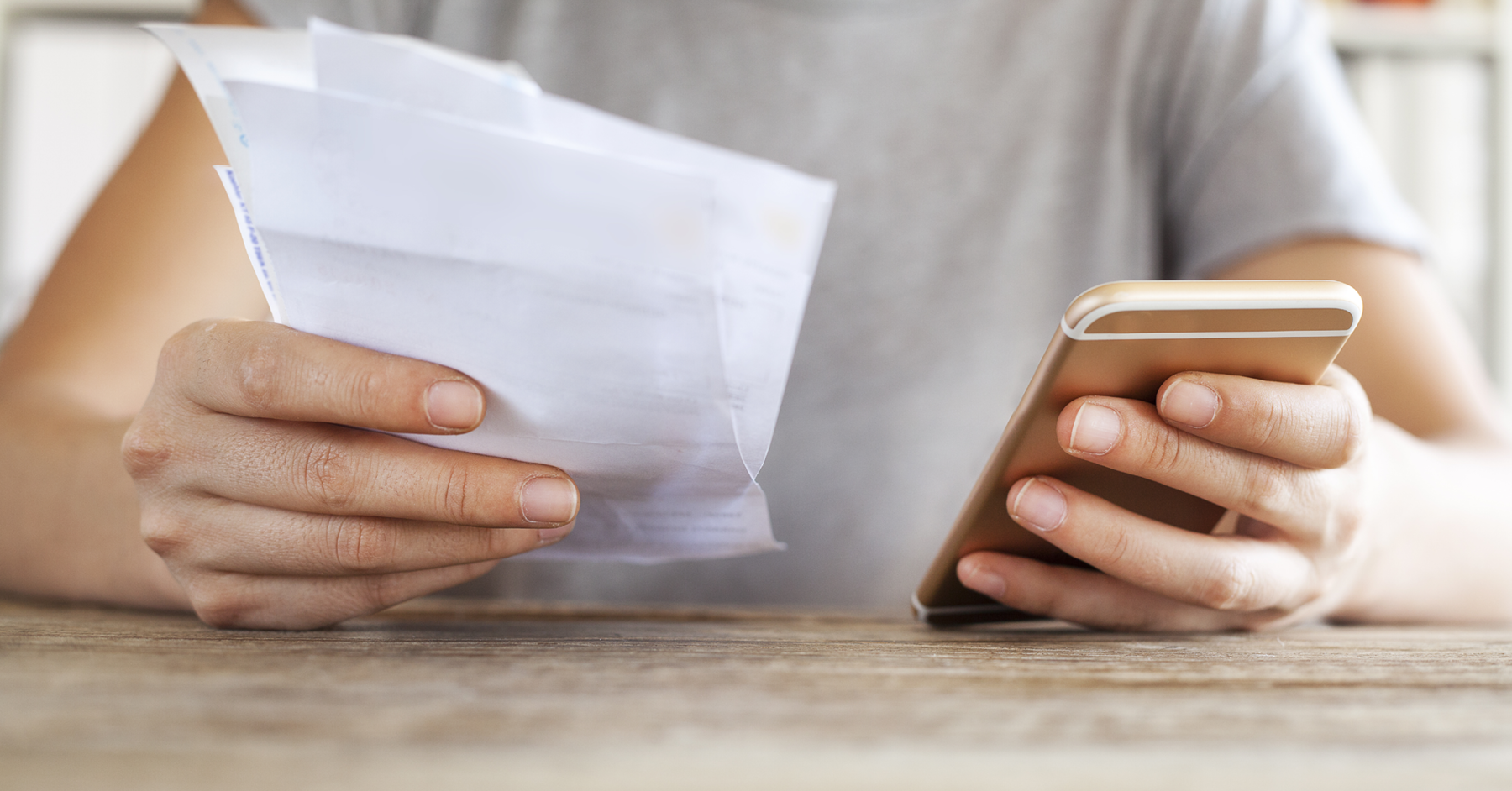New framework creates better outcomes for Victorians struggling with energy debts
The rising cost of energy has long been a concern for families across the country.
The Victorian Government is working to help combat energy affordability issues through its Energy Fairness Plan and is establishing the Victorian Default Offer. It has also extended the provision of a $50 Power Saving Bonus that encourages Victorians to compare their energy offer to others on the market, switch over and save money on their energy bills. Only 200,000 Victorians have participated in that scheme to date.
But what if you’re still struggling?
There are a million reasons why anyone could find themselves behind on paying their energy bills. When this happens, navigating your way back into the black should be an easy process.
Unfortunately, this has too often not been the case.
Why? The rules pertaining to resolving payment difficulty situations have been vague at best. A system where energy retailers have been left to establish their own rules for handling (or not handling) payment difficulty cases has resulted in confusion for customers and little recourse if they are unable to achieve a fair outcome.
Luckily for people living in Victoria, that all changed from 1 January 2019.
The Victorian Government has now established the Payment Difficulty Framework, which sets out clear and consistent rules explaining energy retailers’ responsibilities and customers’ rights so they can more easily manage payment of outstanding energy bills.
What can you expect from the new Payment Difficulty Framework?
PROACTIVE ASSISTANCE WITH ENERGY DEBTS
Energy retailers must now take steps to help their customers’ combat energy debts before they get out of hand. When the customer is in arrears for more than $55, they must contact customers to explain their rights, advise them of what government and non-government assistance is available to them, and negotiate an affordable payment plan.
If a customer is struggling with ongoing energy costs, retailers must also offer them an energy plan that will help them lower their energy bills, look into options to provide practical ways of lowering energy costs for the customer, and also put any debt on hold for six months to help the customer catch up.
MAKING PAYMENT PLANS EASIER AND AFFORDABLE
Energy customers will no longer be subject to an arduous assessment process to secure a payment plan for outstanding bills. Energy retailers must listen to and accept their customers’ advice on how much they can afford to repay and work with them to negotiate a fair repayment plan. They must also accept payment plans that would see energy debts paid off within two years.
DISCONNECTION AS AN OPTION OF LAST RESORT
Energy retailers cannot disconnect customers’ service if they owe less than $300 or are currently on a payment plan. They must first contact customers to offer a payment plan or make sure any existing payment plans are working. They must take the customer’s personal circumstances into account such as a loss or employment, family violence or relationship breakdown, illness, death or unexpected expenses.
HOW CAN I GET HELP WITH MY ENERGY DEBT?
All energy retailers are required to follow the new Payment Difficulty Framework. If you are struggling to pay your energy bills, contact your energy retailer and tell them you need help. They should follow the framework to negotiate a fair outcome for you.
If you are unable to negotiate a deal with your energy retailer or need help doing so, you can contact the Energy and Water Ombudsman Victoria (EWOV) on 1800 500 509 for assistance. EWOV’s helpline is open Monday to Friday between 8:30am and 5:00pm.
The National Debt Helpline (NDH) is also available if you are struggling with other debts in addition to your energy bills, or if you are confused about your rights and options. The NDH is a free, confidential financial advice service available to assist consumers Australia wide. For more information, visit www.ndh.org.au or call the service on 1800 007 007 Monday to Friday between 9:30am and 4:30pm.


